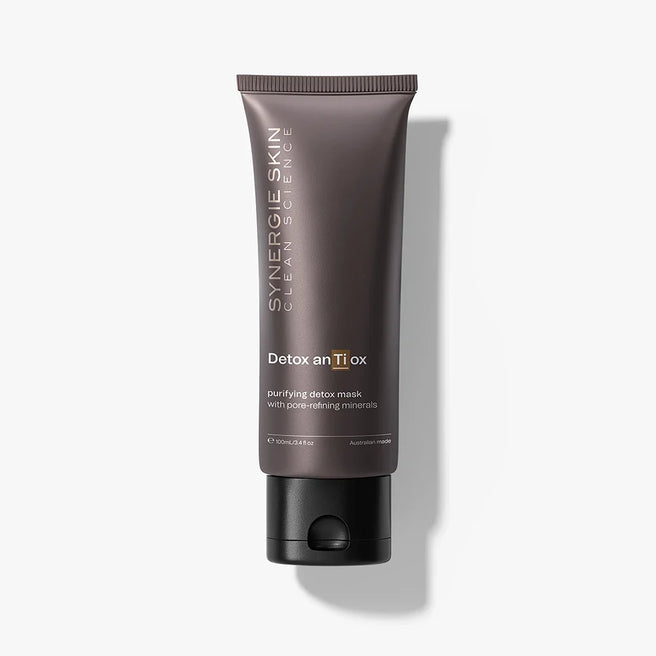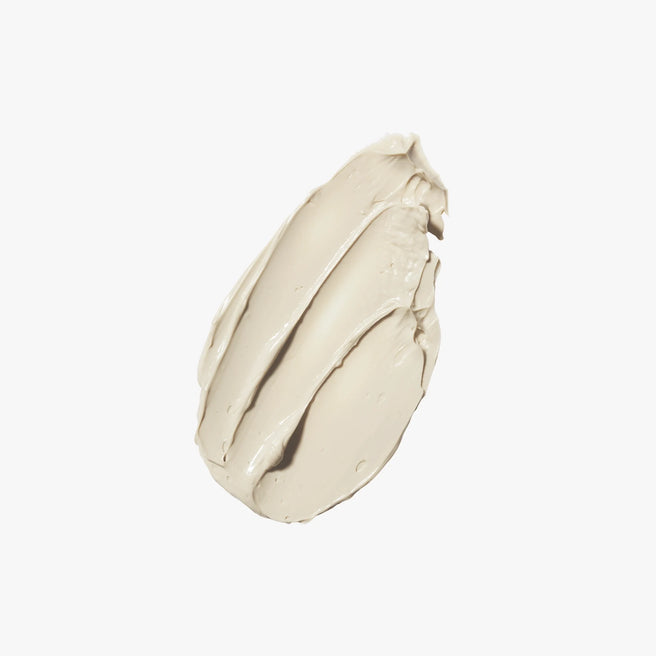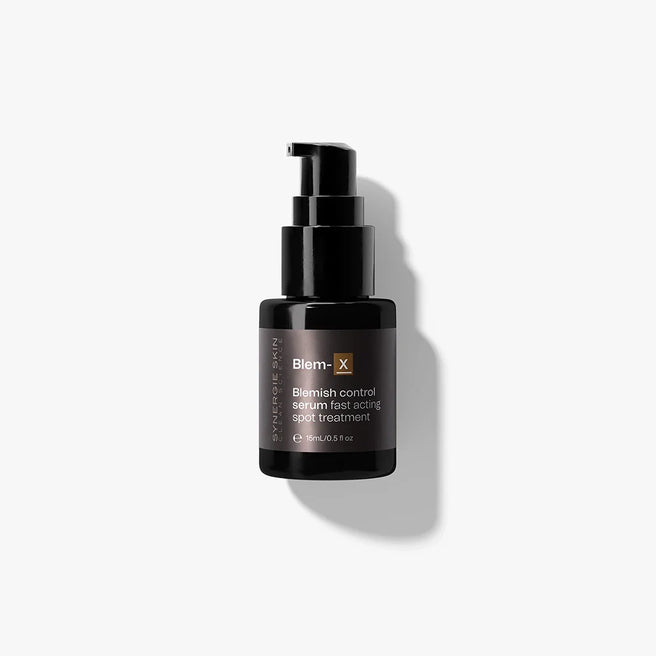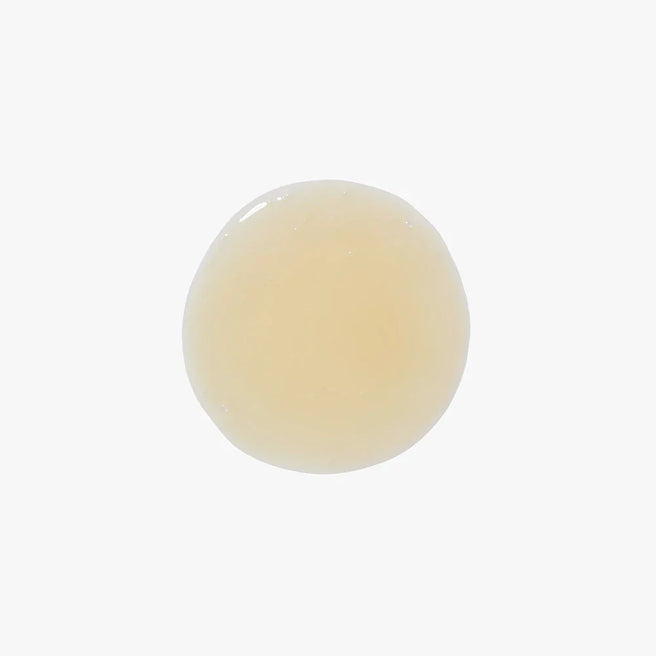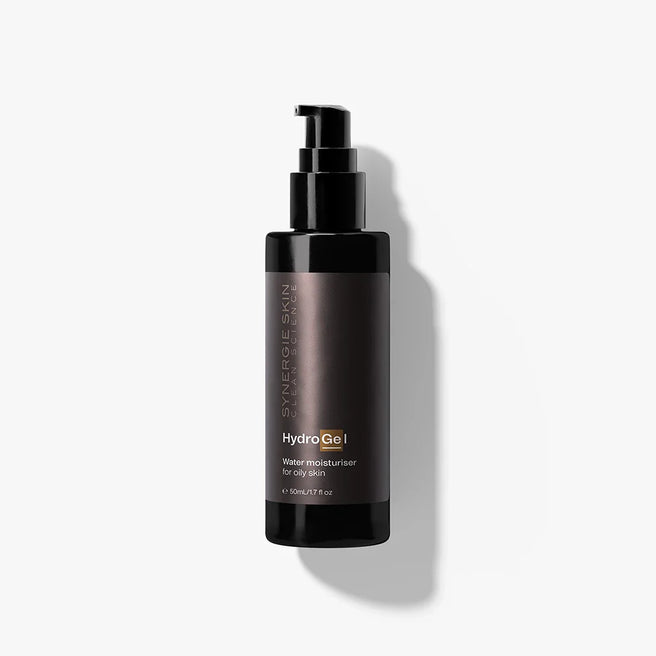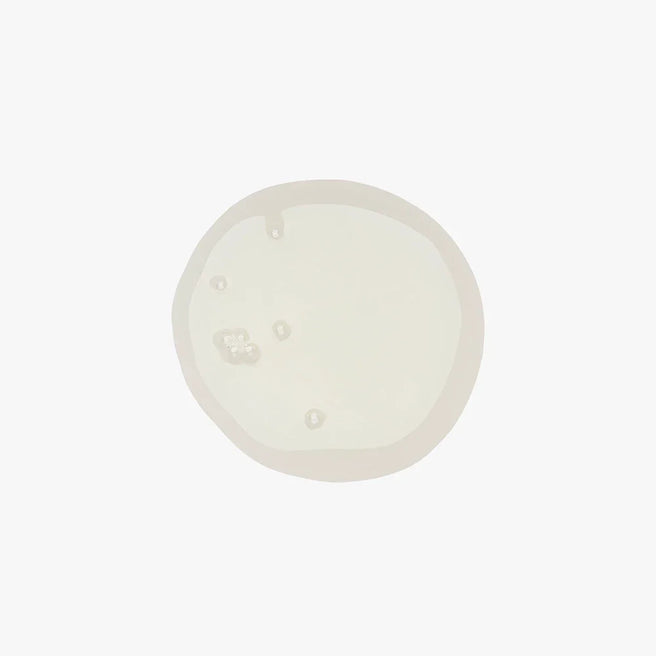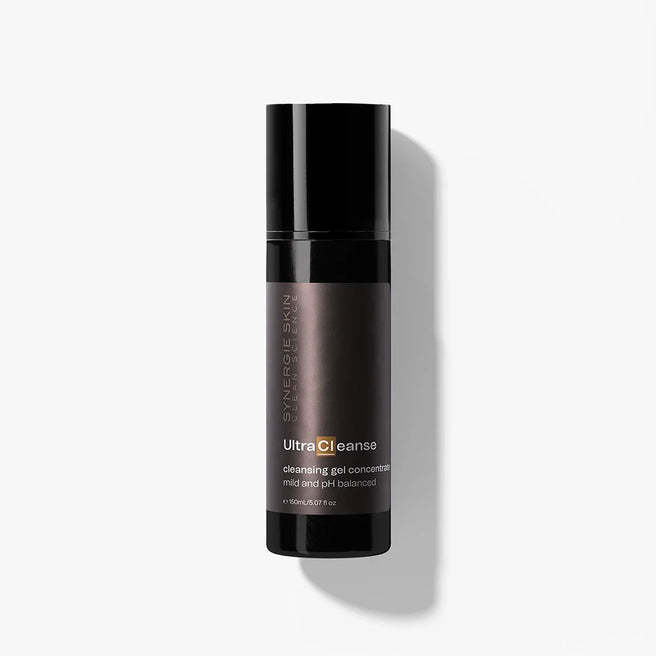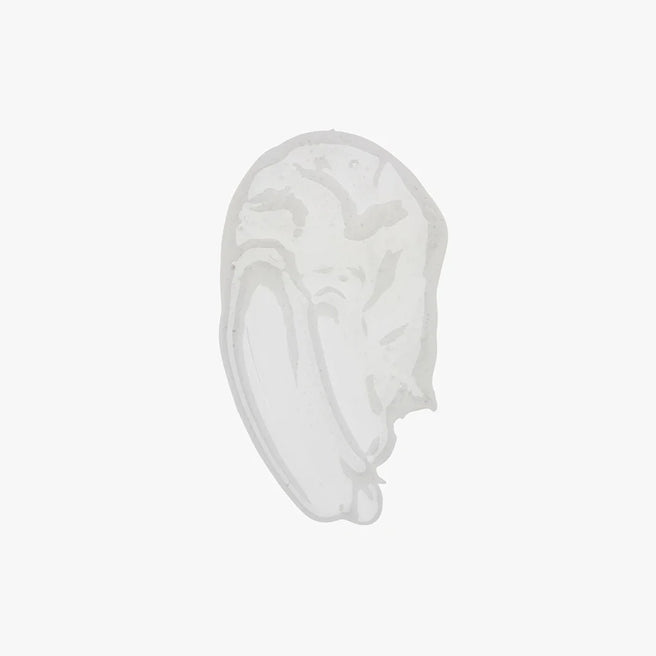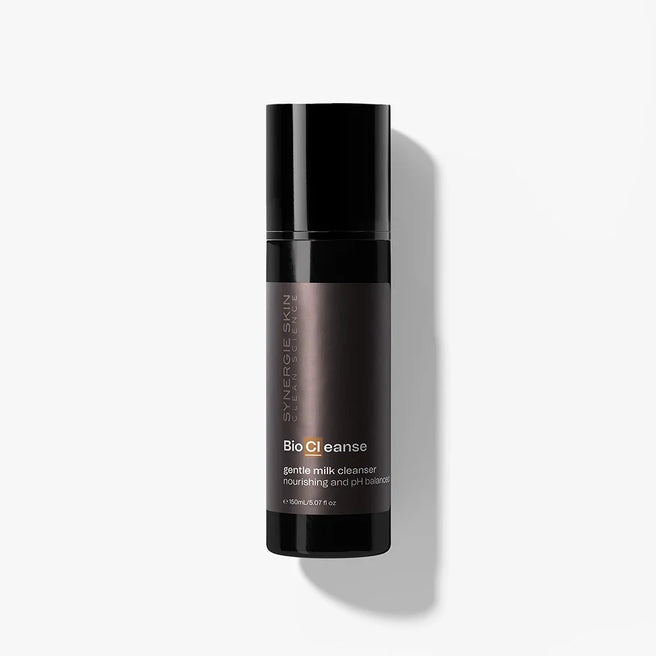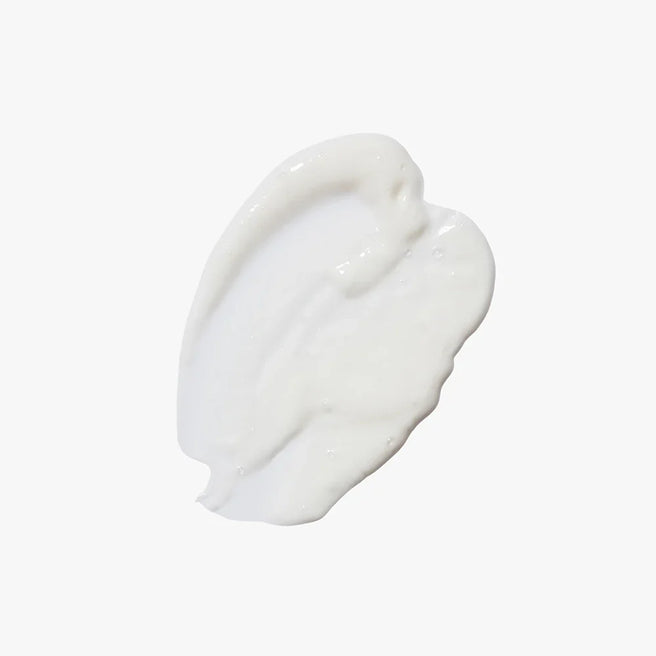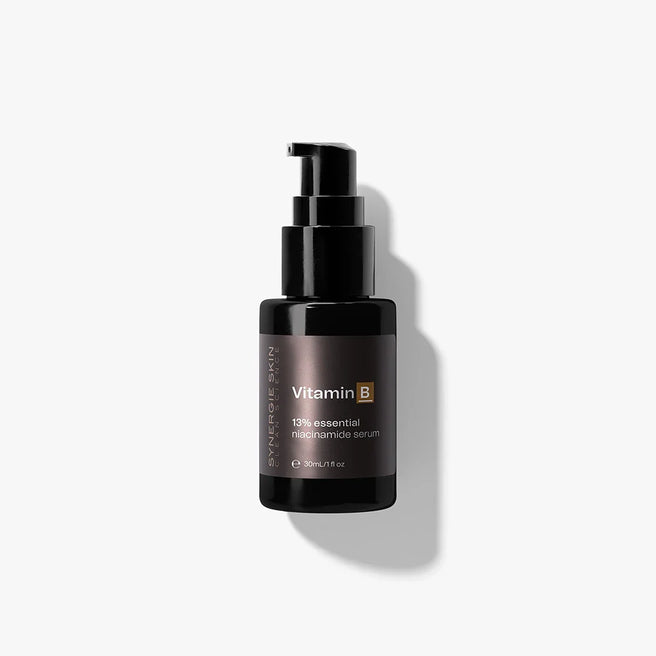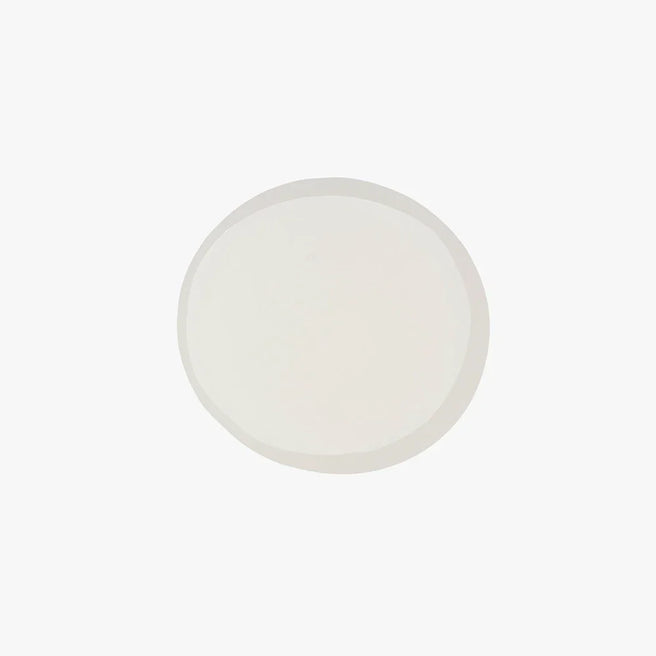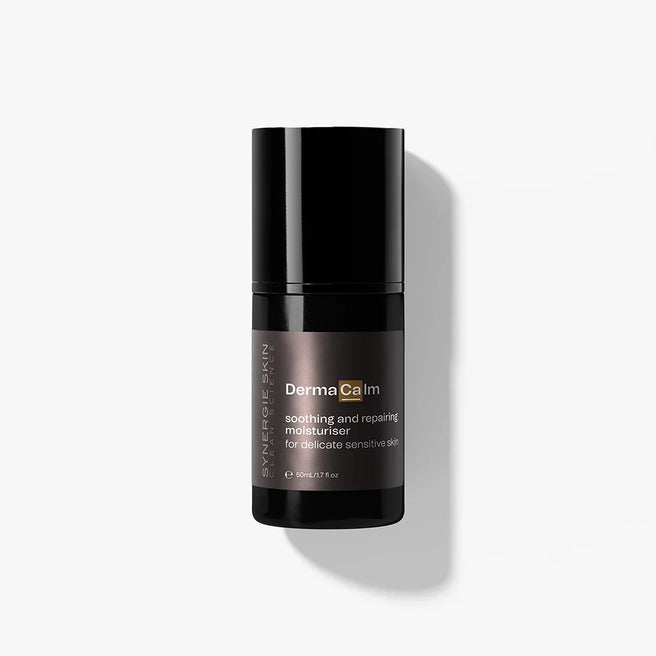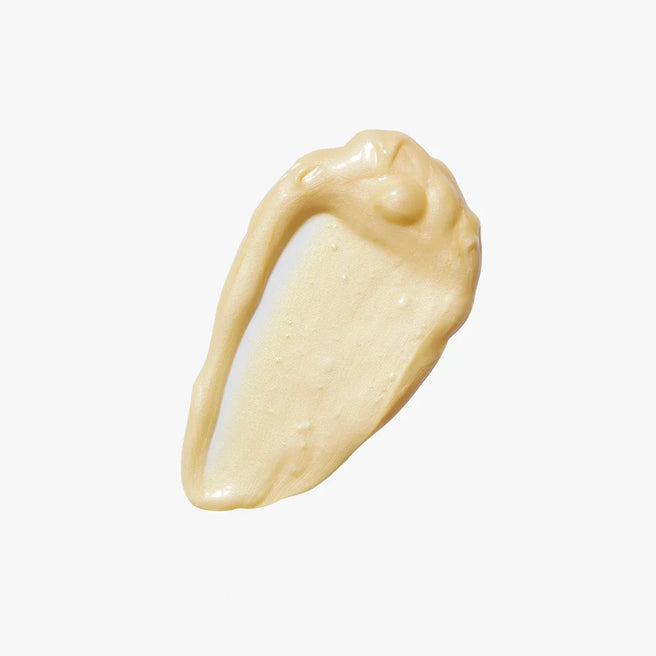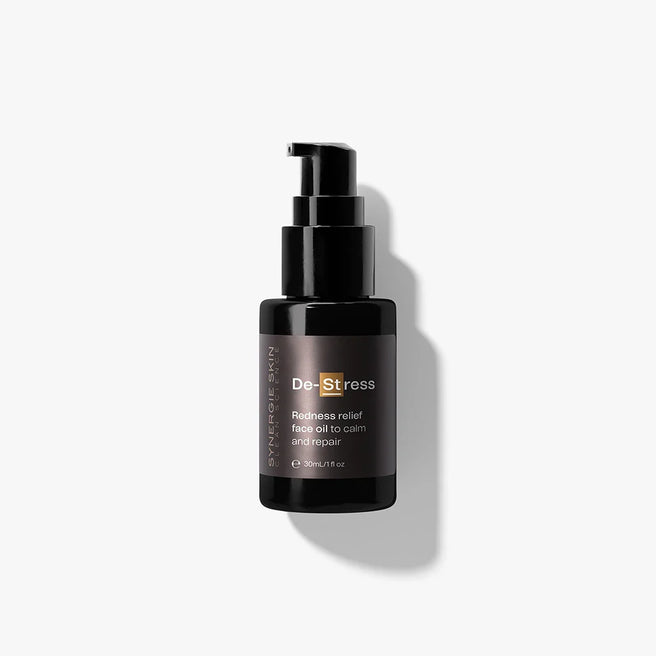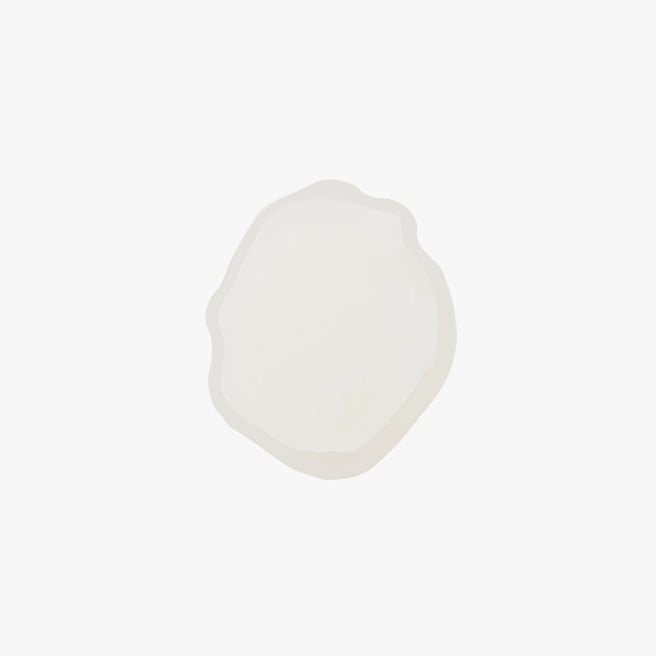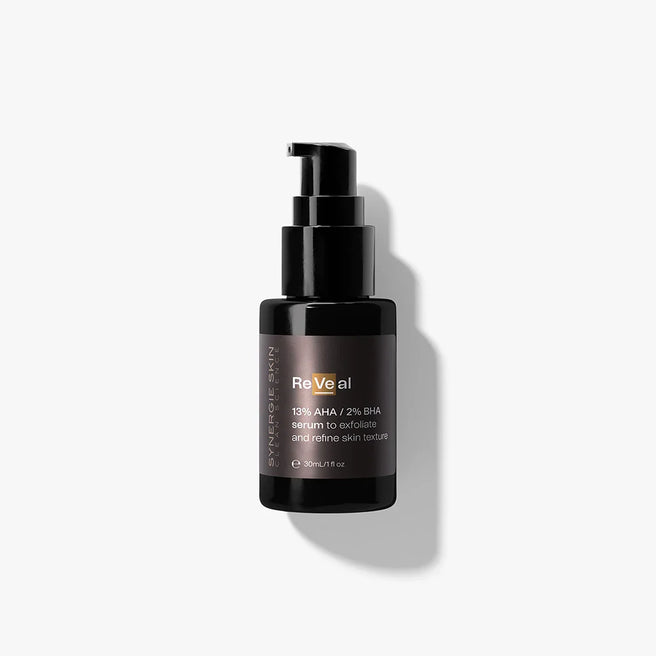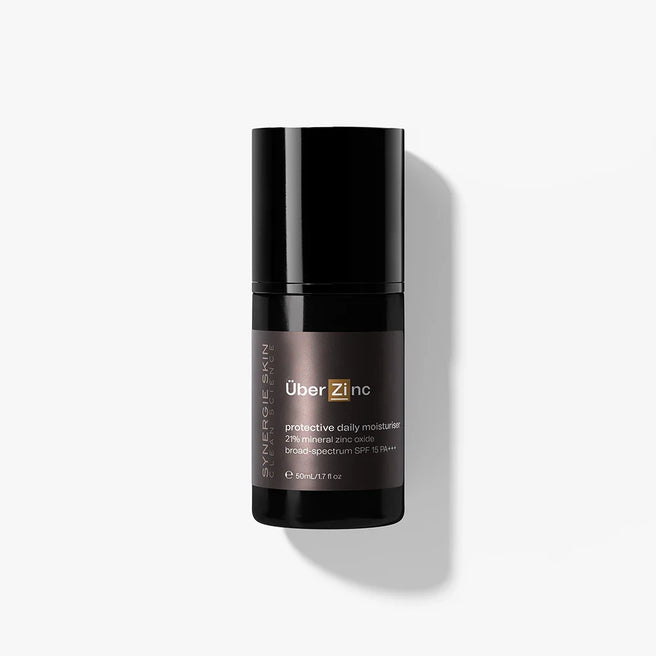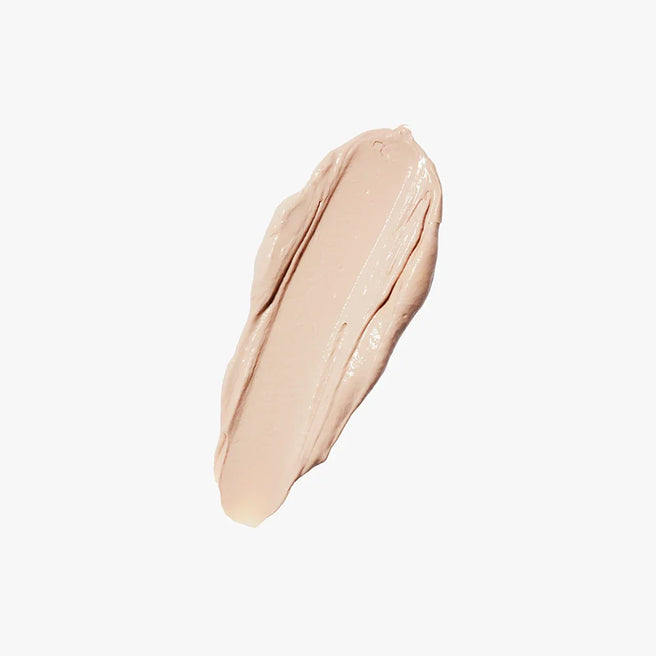The word ‘detox’ is often overused and misunderstood, in my opinion. Many fad eating programs can actually result in toxic build up in the body and, in extreme cases, malnutrition. The key is in understanding how to avoid subjecting our skin to environmental damage, adding high quality skin care ingredients to our daily routine and feeding our skin from the inside with a balanced nutritional regimen.

Time your detox
Start your detox at least four weeks before a big event. Healthy eating and a good skincare routine should be a normal part of your general lifestyle but we all fall off the horse occasionally and need to get back on the saddle! If you do decide to make a positive change to your food and skincare routine, you should expect a degree of ‘purging’ during which your skin may breakout initially. This is a normal reaction and means the body is responding to change. Stick with the program and you will see the benefits. Every individual is unique so it difficult to say exactly when the skin will visibly improve. It takes approximately 30 days for a full cell turnover, and I usually notice that my skin will show visible improvement following a full cell cycle with a consistent skincare routine.
Purify your skin
Masks are a great home or clinical treatment. There are a number of masks on the market for specific skin concerns. Synergie Skin's Detox anTiox is a purifying detox mask designed to draw impurities from the skin and destroy free radicals. This is a great addition to any routine for acne skin. Skin steaming is also a good way to help purge the skin of toxins and unclog the pores. You don’t need a professional steamer, just put your face over a bowl of steaming (but not boiling) water for 10 minutes. The skin should feel warm but not uncomfortable. Take note that overheating of the skin can cause damaging inflammation.
Avoid certain ingredients
There are a number of ingredients that I believe should not be consumed or used during a skin detox:
Foods:
- Highly processed foods
- Refined carbohydrates
- High levels of glucose and fructose
- High levels of animal fats (with the exception of marine-derived oils)
- Excessive caffeine
- Alcohol
Skin products:
- Artificial colour
- Artificial fragrance
- Paraben preservatives
- PEG
- Propylene glycol
- Sodium lauryl sulfate
- Benzoyl peroxide

Maintain a healthy diet
1. Keep it unprocessed and colourful
It's best to keep processed foods to a minimum and aim for at least five natural colours on your plate at each meal. Omega fatty acids, Zinc, Vitamin A, B, C, E, Selenium and antioxidants such as green tea and lycopene are very specific for the treatment of skin health. These key nutrients help skin in the following ways:
- Support immune function
- Support liver detoxification pathways,
- Stimulate wound healing
- Anti-inflammatory
- Promote collagen production
- Promote hormonal balance
- Support healthy mucus membranes in the skin
2. Vegetables and fruits are king
Dark green leafy vegetables such as kale and spinach are fabulous for stimulating liver detoxification, balancing hormones and general skin health. Fruits are also very important but try and avoid excess sugar consumption if you suffer from acne. Blueberries are a potent source of free radical scavenging antioxidants. Lemons are excellent at reducing acidity in the bloodstream. It is considered the ultimate detox fruit! Click here to read my skin detox superjuice recipe.
3. Avoid dairy products
There are testosterone stimulators in dairy products that can exacerbate acne. It is wise to avoid dairy but still maintain calcium levels with almonds, kale, broccoli, tinned salmon with bones and sesame seeds.
4. Reduce sugar and refined carbs
Sugar actually contributes to the appearance of ageing! The glucose molecules from refined sugars are able to bind to collagen fibres in the skin and cause them to become brittle. This is referred to as Advanced Glycation Ageing (AGE). Highly refined foods with a high sugar content also cause insulin spikes which can increase hormones that cause acne breakouts.
5. Follow a low GI-diet
This includes avoiding white flour based products such as:
- White/processed breads
- White rice
- Processed pasta
- Biscuits (sweet and crackers)
- Processed breakfast cereals

6. Increase fiber
Fiber improves glycemic control and aids in the elimination of unwanted solid waste and toxins. You can increase your fiber by adding oat bran (an excellent porridge based alternative to rolled oats as it has a lower GI and more fiber) or psyllium husks to your diet.
7. Eat good fats
That era of the ‘low fat diet’ is behind us! Opt for fats high in omega fatty acids, and in the correct balance of omega 3, 6, and 9. These natural fats are vital for skin lubrication and luminosity. It is important to eat a much higher proportion of omega 3 fatty acids versus omega 6 oils in order to reduce inflammation in the body. The following foods and oils contain the ‘good fats’ vital for skin health:
- Chia seeds
- Flax seeds
- Almonds
- Walnuts
- Macadamia nuts
- Flaxseed oil (cold pressed and not for cooking)
- Coconut oil (this is a true ‘super oil’ with evidence that it also helps stimulate metabolism, not to mention great for cooking, and flavouring sweet and savoury dishes)
- Fish oil/krill oil/calamari oil
8. Antibacterials
It's important to reduce the ‘bad bacteria’ on the skin, especially if you suffer from acne, by:
- Eating antimicrobial food such as raw garlic
- Avoiding touching the face and picking at skin blemishes (a major cause of skin infection which can lead to permanent scarring)
- Washing the face twice daily, in the morning and straight after work or school
- Adding antibacterial agents such as manuka oil and lemongrass to skincare (both present in Blem-X and HydroGel)
9. Hydrate
Good hydration is essential not only for skin but for general health. Click here to read my blog about the importance of hydration.
10. Topical skincare
Although my technical expertise is based on skincare formulating, I believe we must address the skin as an organ that needs nurturing from within as well as on the outside with a clinical grade skincare routine.
SOS: Your routine for a skincare emergency
Our skin can often be illogical and, from time to time, experience a breakout due to factors such as hormone fluctuations, medication, diet and our environment, to name a few.
.
Skin sensitivity and flare ups
A back-to-basics skincare routine for sensitive skin relating to conditions stemming from stress, environmental changes, eczema, psoriasis or rosacea.
Day
- Cleanser - UltraCleanse or BioCleanse
- Vitamin B - Essential niacinamide serum (great for skin immunity and reducing redness)
- ÜberZinc - Moisturiser with 21% zinc oxide
Night
- Cleanser - UltraCleanse or BioCleanse
- Vitamin B - Essential niacinamide serum
- DermaCalm - Anti-inflammatory moisturiser (high levels of potent anti-irritants)
Weekly
- De-Stress - Calming facial oil (soothing skin oil with squalene and sea buckthorn)
Shop these products as part of our introductory Anti-Redness Kit.
.
Acne breakouts
A back-to-basics skincare routine for acne skin related to conditions stemming from hormonal fluctuations or a change in medication.
Day
- UltraCleanse - Gel facial cleanser
- ReVeal - Exfoliating serum (removes dead cell build-up and helps clear blocked pores)
- ÜberZinc - Moisturiser with 21% zinc oxide
Night
- UltraCleanse - Gel facial cleanser
- Vitamin B - Essential niacinamide serum (regulates oil production and calms the skin)
- HydroGel - Oil free finishing serum (reduces appearance of large pores and excess oil production)
- Blem-X - Acne and blemish spot serum (calms, purifies and reduces visible pimples)
Weekly
- Detox anTiox - Purifying detox mask
Shop these products as part of our introductory Balance + Clarity Kit.
.
Severe allergic reaction
If the skin has recently undergone a severe allergic reaction, I recommend a 10-day skin detox during which only pure glycerin and castor oil are used to cleanse and moisturise. These two simple ingredients do not contain any cosmeceutical actives but will ensure there is a very low possibility of an adverse reaction. You can rest assured that the skin will be soothed and hydrated while this detoxification process occurs.
[Disclaimer: Please note that the information provided is for educational purposes only and should not be interpreted as medical advice. Always consult a healthcare professional for personalised recommendations regarding your skin health.]






